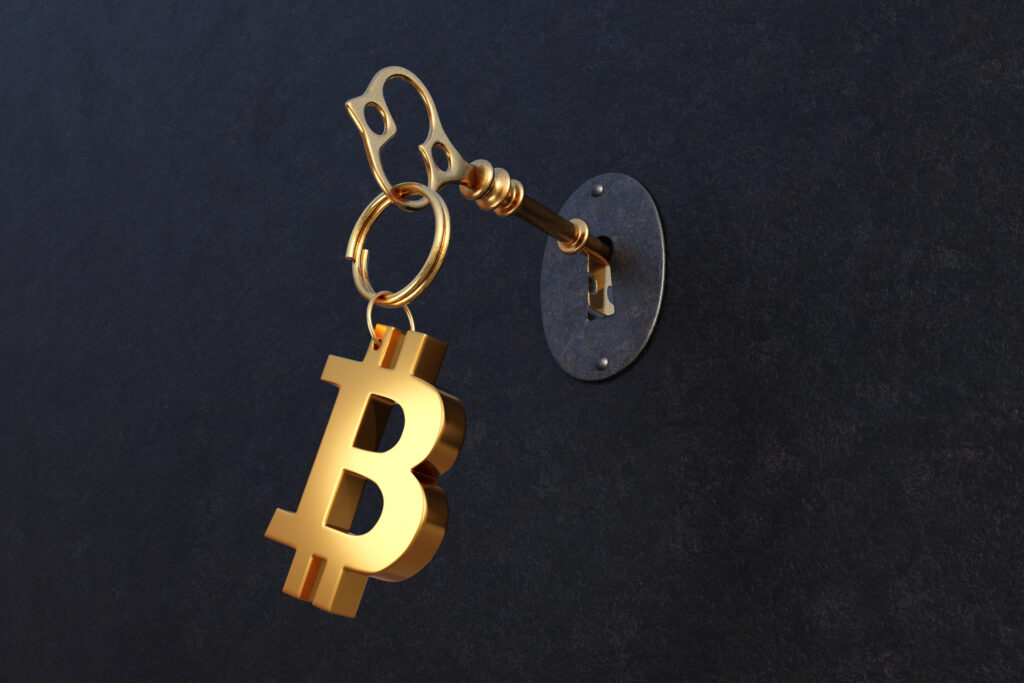Crypto scams are a dime a dozen these days, but some of them stand out for their sheer audacity and ingenuity. Here are some of the most notorious crypto scams in history and what we can learn from them to avoid falling victim to the next one.
Related Topics:

OneCoin
The Ponzi scheme that pretended to be a cryptocurrency. OneCoin claimed to have a revolutionary blockchain technology that could rival Bitcoin, but in reality it was just a pyramid scheme that paid old investors with new money. The founder, Dr. Ruja Ignatova, aka the “Crypto Queen”, disappeared in 2017 with billions of dollars and is still on the run.
Lesson: If it sounds too good to be true, it probably is. Do your research before investing in any crypto project and don’t trust anyone who promises guaranteed returns or claims to have a secret formula.

Bitconnect
The lending platform that turned out to be a scam. Bitconnect promised to pay investors up to 40% monthly interest by using a trading bot that could generate profits from crypto volatility. It also had a referral system that rewarded users for bringing in more investors. However, it was all a hoax and the platform collapsed in 2018 after regulators issued cease and desist orders.
Lesson: Beware of any crypto project that offers unrealistic returns or requires you to recruit others to join. Also, don’t invest in anything you don’t understand or can’t verify.

Mt. Gox
The exchange that lost millions of bitcoins. Mt. Gox was once the largest and most popular bitcoin exchange in the world, handling over 70% of all bitcoin transactions. However, in 2014, it announced that it had lost 850,000 bitcoins (worth about $450 million at the time) due to hacking and theft. The exchange filed for bankruptcy and left thousands of customers without their funds.
Lesson: Don’t store your crypto on exchanges or online wallets that are vulnerable to hacking or fraud. Use a hardware wallet or a paper wallet to keep your private keys safe and offline.

QuadrigaCX
The exchange that died with its founder. QuadrigaCX was Canada’s largest cryptocurrency exchange until its founder and CEO, Gerald Cotten, died unexpectedly in 2018 while traveling in India. He was the only person who had access to the exchange’s cold wallets, where most of the customers’ funds were stored. As a result, over $190 million worth of crypto was locked and inaccessible.
Lesson: Don’t rely on a single person or entity to control your crypto assets. Always have a backup plan or a recovery option in case something goes wrong.

PlusToken
The wallet app that stole billions of dollars. PlusToken was a mobile app that claimed to be a high-yield crypto investment platform. It lured users with promises of up to 18% monthly returns and generous referral bonuses. However, it was actually a Ponzi scheme that used new deposits to pay old withdrawals. In 2019, the app stopped paying out and the operators vanished with over $3 billion worth of crypto from more than 3 million users.
Lesson: Don’t download or use any crypto app that is not verified by reputable sources or has negative reviews. Also, don’t give your private keys or passwords to anyone or any app that claims to manage your crypto for you.

Twitter hack
The social media scam that targeted celebrities and politicians. In July 2020, hackers gained access to the Twitter accounts of several prominent figures, such as Barack Obama, Elon Musk, Jeff Bezos, and Kanye West. They posted messages asking their followers to send bitcoin to a certain address and promised to double their money in return. The scam netted over $100,000 worth of bitcoin before Twitter shut it down.
Lesson: Don’t trust any message or tweet that asks you to send money or personal information online, even if it comes from someone you know or admire. Always verify the source and the authenticity of any communication before taking any action.

The Bottom Line
Crypto is an exciting and innovative space, but also one that is full of scams and frauds. If you want to invest in crypto, you need to do your homework and be prepared for the risks. And if you’re looking for a safer and more reliable way to grow your money, you might want to consider safer alternatives, such as index funds, or savings accounts. Remember, there’s no such thing as a free lunch in crypto or anywhere else.



